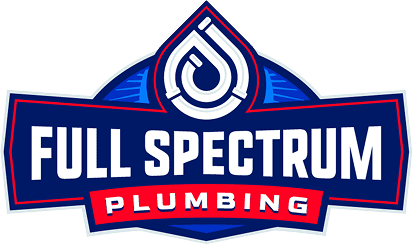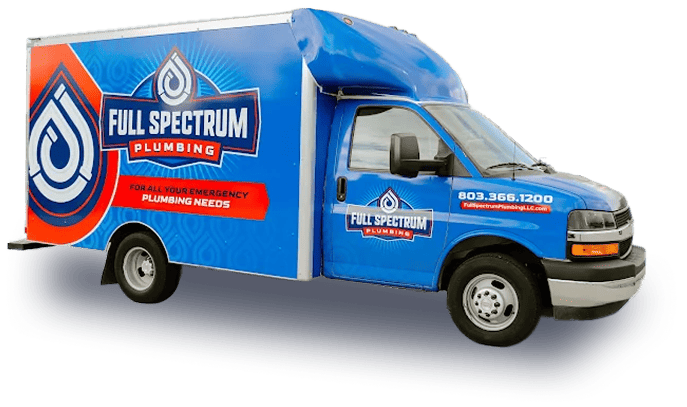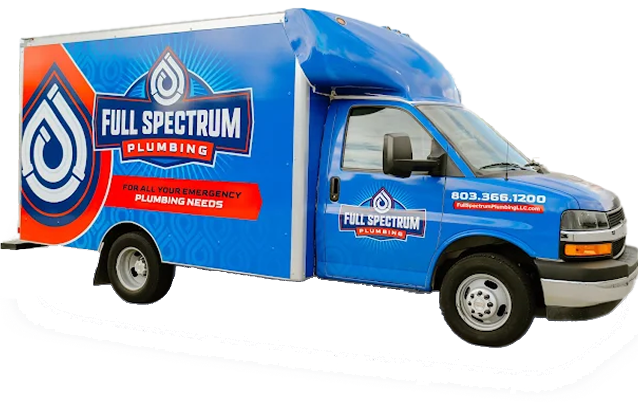Proudly Serving Rock Hill and Surrounding Areas
Wet Weather and Septic Systems: What Frequent Flooding Could Mean for Your Repairs
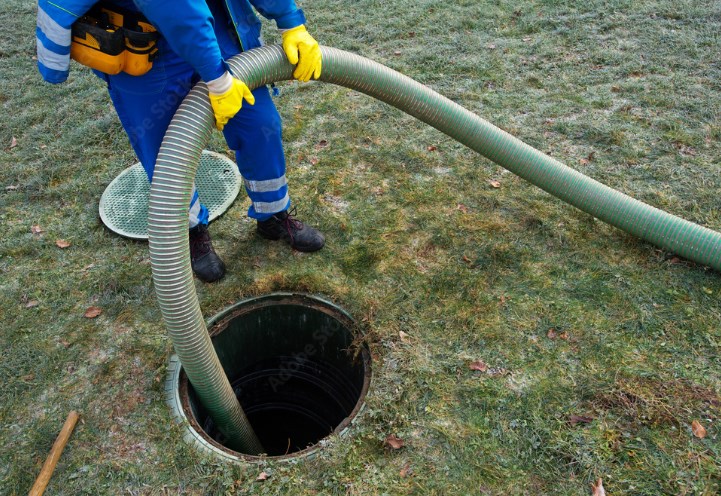
Living in an area that frequently experiences heavy rain or flooding can significantly affect many aspects of home maintenance, especially for homeowners with septic systems.
Unlike sewer systems, which carry wastewater away to a central facility, septic systems rely on underground structures within your property. These systems are particularly vulnerable to wet weather, as excessive moisture in the ground can interfere with their performance and even lead to costly repairs.
Here’s an in-depth look at how wet weather impacts septic systems and how homeowners in rain-prone areas can better manage their systems to avoid issues.
How Does Frequent Flooding Impact a Septic System’s Functionality?
Frequent flooding can have a detrimental impact on the functionality of a septic system. Septic systems work by separating solids, oils, and wastewater. The solids settle at the bottom of the tank, while the liquid, known as effluent, flows out into the drain field. In normal conditions, the soil in the drain field absorbs and treats this effluent, but when flooding saturates the soil, it can no longer absorb additional water effectively.
Here’s how frequent flooding can disrupt a septic system’s functionality:
- Drain Field Saturation: The most immediate concern is that floodwaters will saturate the soil in the drain field. When the soil is too wet, it can’t absorb effluent, which can cause wastewater to back up in the septic tank and potentially even inside the home.
- Tank Buoyancy: Septic tanks are usually buried underground and held in place by soil. However, in extreme flooding, the water pressure around the tank can increase, potentially causing the tank to float or shift. This can lead to damage in the connections between the tank and the drain field.
- Clogged Components: Floodwaters can carry sediment, silt, and other debris into the septic system, clogging pipes, filters, and drains. This reduces efficiency and can lead to more frequent backups if left unaddressed.
Because flooding causes these disruptions, homeowners in flood-prone areas often experience more frequent septic issues, especially when their systems are not designed to withstand high levels of groundwater or surface water.
What Are Common Signs of Septic System Issues During Wet Weather?
When wet weather disrupts a septic system, it’s essential to identify signs of trouble early. Knowing what to look for can help you address problems before they escalate into more significant and costly repairs. Some common indicators of septic system issues during periods of frequent rain or flooding include:
- Pooling Water: If you notice standing water near the drain field or around the septic tank, this can indicate that the system is overwhelmed and the soil isn’t absorbing water properly.
- Slow Drains: Flooding can slow down the drainage system, causing sinks, toilets, and showers to drain slowly. While slow drains could result from a variety of issues, during wet weather, they’re often related to a struggling septic system.
- Foul Odors: A properly functioning septic system shouldn’t produce noticeable smells. However, if you detect foul odors inside your home or around your property, it may be a sign of a malfunctioning septic system due to flooding.
- Backups in Plumbing: One of the most severe signs of septic trouble is sewage backing up into toilets, sinks, or showers. This typically occurs when the septic tank is full, and the drain field is saturated.
If you notice any of these signs, it’s wise to contact a septic professional immediately. Septic problems during wet weather can worsen quickly, leading to extensive damage or even contamination if not handled appropriately.
Can Flooding Lead to Permanent Damage in a Septic System?
Yes, flooding can lead to permanent damage in a septic system if issues aren’t addressed promptly. Here’s how:
- Structural Damage to the Tank: When groundwater pressure becomes too great, it can cause the septic tank to float, crack, or shift, damaging the structural integrity of the system. This damage is often expensive to repair and sometimes requires tank replacement.
- Drain Field Compaction: Frequent flooding can compact the soil in the drain field, reducing its permeability. Compacted soil won’t absorb effluent efficiently, even after the flooding recedes, making it challenging for the system to function as designed. In some cases, a compromised drain field may need to be entirely replaced.
- Pipe Damage: Floodwaters carrying debris can put pressure on the pipes leading to and from the septic tank. If these pipes become clogged or damaged, the system won’t be able to transport wastewater effectively, leading to more backups and potential health hazards.
Septic systems are designed to handle a certain amount of moisture, but frequent, intense flooding can overwhelm their capabilities, leading to both temporary disruptions and, in some cases, permanent damage. This is why regular inspections and proactive maintenance are essential for homeowners in wet climates.
How Should a Septic System Be Maintained in Areas Prone to Frequent Rain?
Maintaining a septic system in a flood-prone area requires proactive planning and a few additional steps to ensure the system remains efficient and safe, even during periods of heavy rain. Here are some key maintenance tips:
- Schedule Regular Inspections: Routine inspections can help catch potential issues before they escalate. A septic professional can check for leaks, inspect the drain field’s condition, and ensure that your system is in good working order before the rainy season hits.
- Install a Septic Tank Riser and Lid: A riser and a secure lid make accessing the septic tank easier and can prevent floodwaters from entering the tank. Proper sealing also helps keep out surface water, reducing the risk of contamination.
- Direct Rainwater Away from the Drain Field: Diverting rainwater runoff away from the drain field can prevent excessive saturation. Use landscaping strategies like gutters, downspouts, and drainage ditches to direct water away from your septic system.
- Consider a Raised System: In areas where frequent flooding is an issue, a raised or mound septic system can be a beneficial alternative. This system places the drain field above ground, reducing the risk of waterlogging during floods.
- Avoid Overloading the System During Floods: If your area is experiencing heavy rain, try to reduce the amount of wastewater you’re sending to your septic system. Limit laundry loads, avoid long showers, and delay dishwasher use to prevent overloading.
Maintaining a septic system in a flood-prone area requires awareness and consistent effort, but following these tips can help keep your system functioning effectively, even during periods of heavy rain.
Frequent flooding poses unique challenges for septic systems, which are particularly vulnerable to excess water in the surrounding soil. From drain field saturation to tank buoyancy issues, wet weather can significantly impact your system’s functionality. Recognizing the warning signs of trouble and practicing preventive maintenance can help mitigate the risk of damage, but working with a knowledgeable septic professional is essential.
If you live in an area prone to frequent rain or flooding, it’s crucial to take extra steps to protect your septic system. By implementing proactive maintenance strategies and consulting with a professional, you can ensure your system remains reliable, protecting both your home and your environment in the long run.
Safeguard Your Septic System from Flooding with Full Spectrum Plumbing Services
At Full Spectrum Plumbing Services, we understand the specific challenges that wet weather and frequent flooding pose to septic systems. Our team is equipped with the expertise and tools needed to protect, maintain, and repair septic systems in flood-prone areas. We offer comprehensive inspections tailored to identify potential vulnerabilities in your system, especially before the rainy season. By proactively addressing issues like minor leaks, drain field saturation, and tank positioning, we help prevent small problems from becoming costly repairs.
Our technicians are skilled in installing septic tank risers and watertight lids to keep flood waters out of your system, reducing the risk of contamination and overflow. For homeowners looking to upgrade, we offer solutions such as raised septic systems, ideal for areas prone to flooding. Full Spectrum Plumbing Services also provides guidance on landscape adjustments to direct runoff away from your septic components, ensuring better drainage and long-term efficiency.
With our dedicated, experienced team, you can feel confident that your septic system is in reliable hands. From routine maintenance to emergency repairs, we’re here to keep your septic system functioning effectively, no matter the weather.
Understanding Our Service Costs at Full Spectrum Plumbing Services
At Full Spectrum Plumbing Services, we believe in transparency and fair pricing for all our septic system services. Whether you need a routine inspection, emergency repair, or preventative maintenance, we’ll provide a detailed cost estimate so you know what to expect. Here’s an overview of how we structure our pricing:
- Flat-Rate Pricing: For most standard services, we offer flat-rate pricing to ensure consistency and avoid unexpected fees.
- Customized Quotes: For complex repairs or installations, we provide tailored quotes based on the scope and specifics of your project.
- Maintenance Plans: Our septic maintenance plans include scheduled inspections and preventative care to help avoid major repairs, often at a reduced cost compared to one-time services.
- Financing Options: We offer flexible financing options to make necessary repairs or upgrades more manageable for our customers.
Our team is always available to discuss pricing, answer questions, and help you find the right service plan to fit your needs.
Don’t Let Flooding Compromise Your Septic System – Contact Full Spectrum Plumbing Services Today!
Protect your septic system from the impacts of wet weather and flooding by partnering with Full Spectrum Plumbing Services. Our experts are ready to provide reliable, specialized care for your system, ensuring it stays efficient and safe, no matter the weather. Call us today to schedule an inspection or to learn more about our tailored services!
Recent Posts
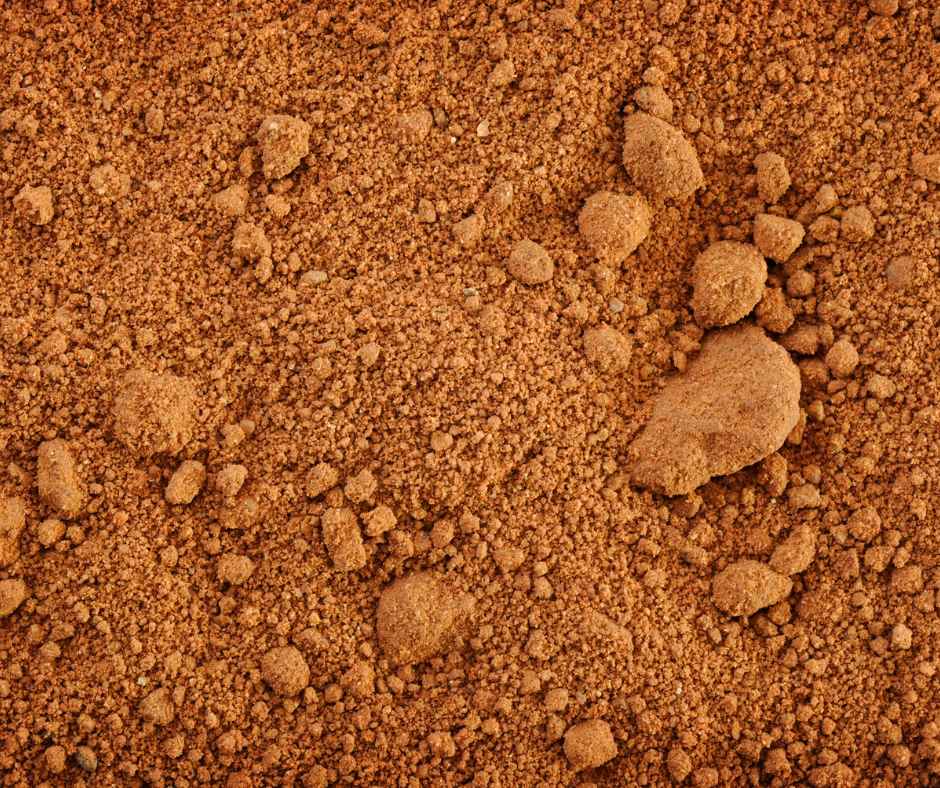
The Hidden Effects of Carolina Clay Soil on Your Sewer Line

Common Plumbing Problems Charlotte Homeowners Face Each Year

How Charlotte NC Residents Can Protect Their Homes From Winter Pipe Damage
Have a Question?
